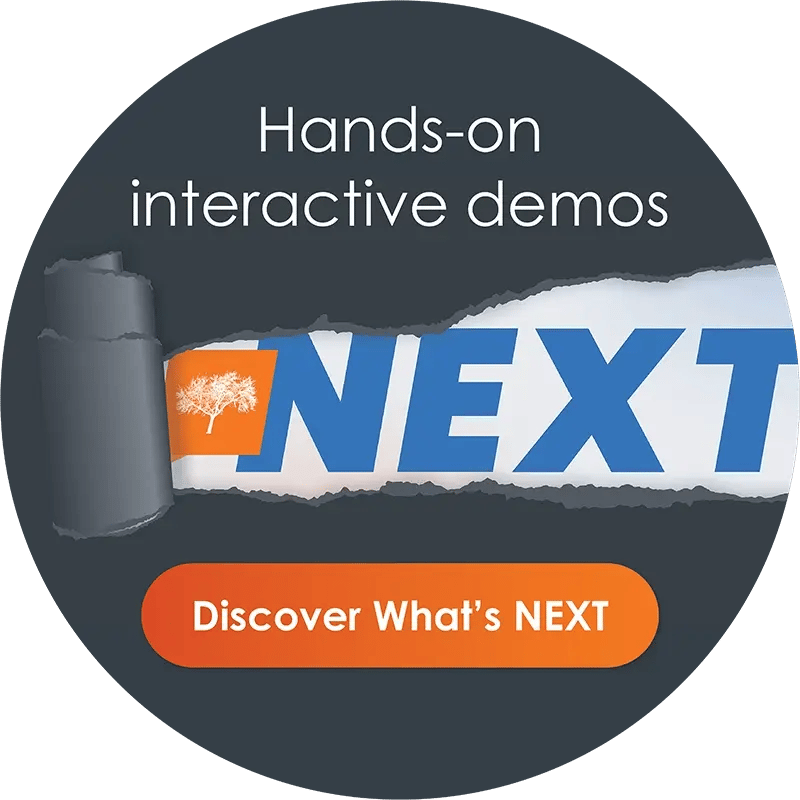Common Data Security Standards of Senior Living Data

As of 2020, the U.S. Census Bureau reports that approximately one in six people ages 65 or older will live in a senior living community at some point. Knowing that, it's vital for senior living communities to understand the breadth of data they'll collect and how to protect it.
The senior living sector serves some of the most vulnerable people in the country. Their data and privacy are targets, which is why adhering to data security standards is essential for all senior living communities, healthcare providers, independent living communities, memory care units, and assisted living communities.
An Introduction to Data Security in Senior Living Software
Whether you run a senior living community, provide nursing home care, are the head of residential care communities, work within a skilled nursing facility, or manage assisted living communities, the care services you provide are an essential part of seniors' lives. Those care services create a risk, though, if you're not using the right senior living software to protect seniors' data.
Nursing homes and senior living communities are vulnerable to all kinds of cybersecurity risks, such as:
- Identity theft
- Ransomware attacks
- Data breaches
- Cyberattacks
- Fraud
Why? Cybercriminals see this vulnerable population as low-hanging fruit. On top of that, the healthcare industry often has sensitive data but often lacks the kind of network security it needs to keep that data out of the hands of those who would misuse it.
Good data security is paramount to protecting the aging population you work with every day in your care communities.
Key Data Protection Regulations
There are many data protection regulations that aim to reduce the likelihood of exposing sensitive patient information. The General Data Protection Regulation (GDRP) and Health Insurance Portability and Accountability Act (HIPAA) are two that you should understand well.
The Health Insurance Portability and Accountability Act
Whether you're in California, Florida, Missouri, Delaware, Wyoming, Ohio, or another state, medical records are protected by the Health Insurance Portability and Accountability Act. It was first adopted in 1996, but since then, the HIPAA Privacy Rule has been used to help protect medical records as well as any health information that could identify someone down to the individual level. These rules also cover electronic protected health records or e-PHI.
The General Data Protection Regulation
Although the General Data Protection Regulation is a European Union-based ruleset, it does apply to the United States. U.S.-based companies fall under the jurisdiction of this regulation when they collect data on or provide services or goods to EU or European Economic Area citizens.
You may not believe this would impact your business, but think about this: Many people in the United States have dual citizenship or are in the country as residents only. And Forbes reported that nearly 40% of Americans could claim dual citizenship in a European Country.
With that in mind, the GDPR is one regulation all senior living communities should investigate. If it applies, they should then use technology to remain in compliance.
Common Challenges in Implementing Data Security Standards
Many challenges come with trying to protect the data of older adults in senior care. The senior living industry often runs into these three issues while working with senior living data and the regulations in their states.
Limited IT Resources
Limited IT resources are one of the first potential challenges of setting up data security processes. A great way to combat this is by working with a company that has its own IT staff. Eldermark is prepared to help with the setup and implementation of your data security platform, so you can save time and focus on your residents' care.
Staff Training
Staff members need training on data security to help keep residents in your community safe. Discuss how easily seniors' information could be stolen and go over how to use the features of any data protection technology you invest in.
Keeping Up With Evolving Regulations
Keeping up with evolving regulations is essential, but it can be difficult. Within the U.S., there are no principal sets of data protection legislation. Instead, you'll have to keep up with state- and local-level regulations that may impact how you collect, store, use, and manage senior living data.
Strategies for Ensuring Compliance
To comply with these standards, you'll need to update your cybersecurity measures, train your staff, and stay up to date on all the latest laws, regulations, and legal challenges. Performing regular audits of your data is also key, as you may discover security risks, breaches, or data leaks that you can address.
The Role of Software Providers in Compliance
Software providers can support compliance through features like secure data storage, user authentication, and audit trails. For example, secure data storage on the cloud is available through Eldermark's services.
For user authentication, software providers can set up authentication processes to ensure it's difficult to access documents and data unless you have the authority to do so. Common authentication options include OTP codes, biometrics, or multi-factor authentication.
Finally, audit trails track data to its source, which allows for verification. By using audit trails, software providers can help identify fraud, helping protect your senior living community's data.
How Data Security Helps To Build Resident Trust
Transparent data practices help build trust between you, your residents, and their family members. When you talk about protecting their data, discuss how you'll handle demographics, living occupancy details, information about diagnoses such as Alzheimer's disease, and other data about your residents. Knowing that seniors can go about their business and normal activities of daily living without worrying about a data breach helps put everyone at ease.
To learn more about managing cybersecurity at your senior living organization, or to try a free demo of Eldermark cloud services or the ElderSmarts analytics platform, reach out today.




